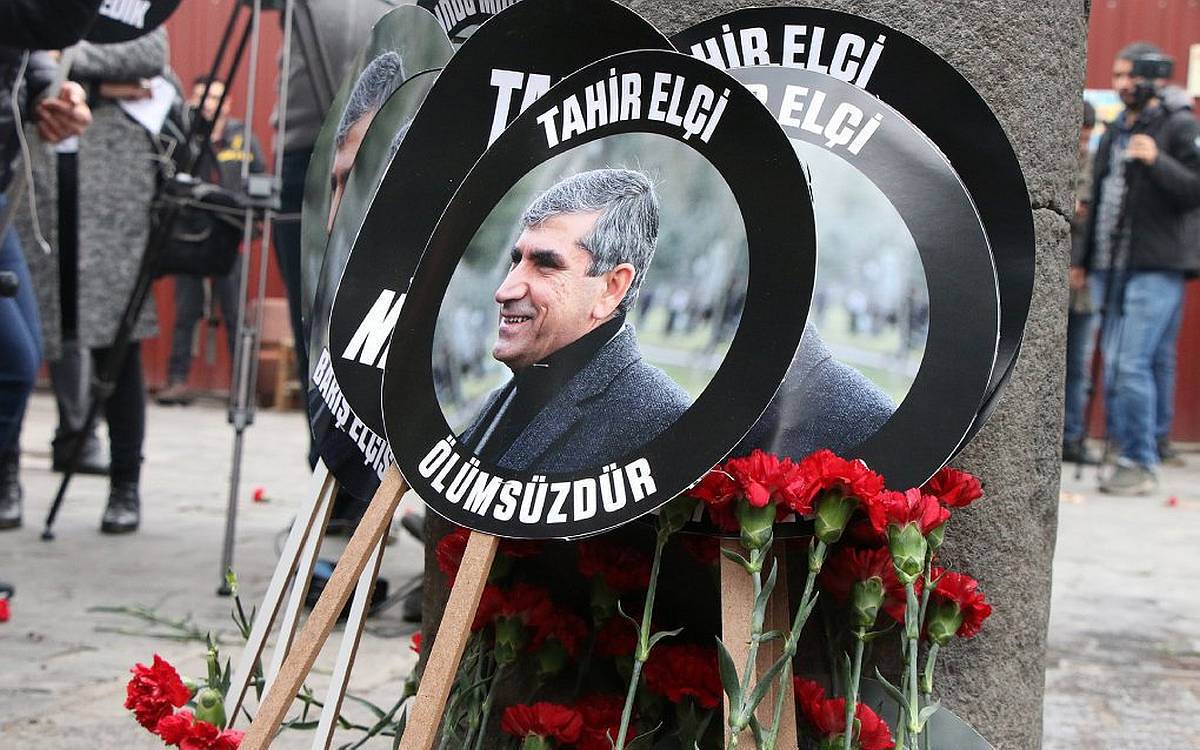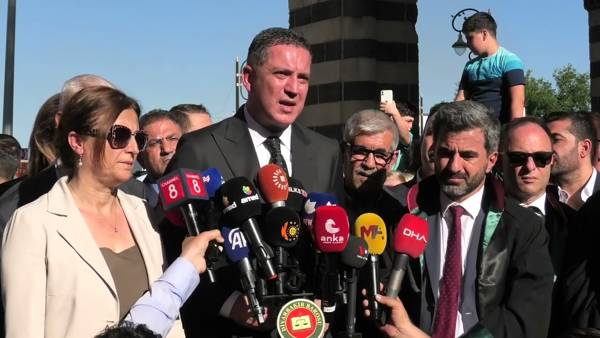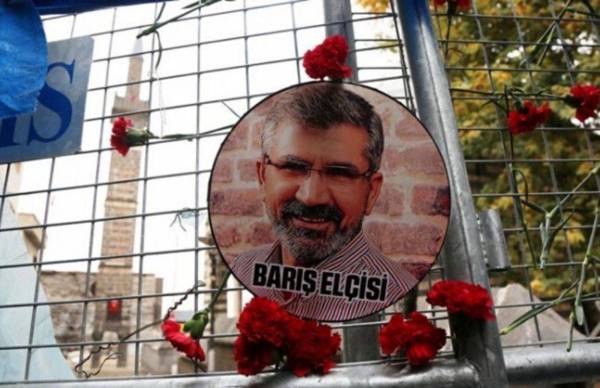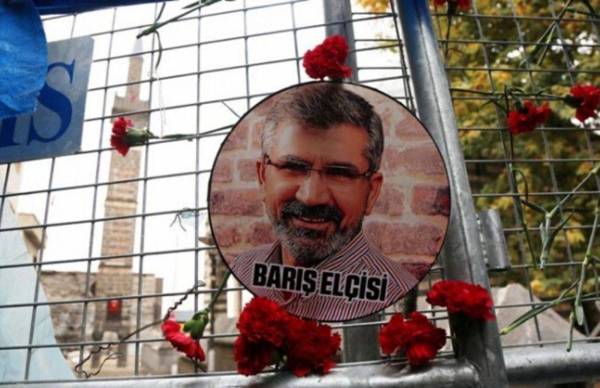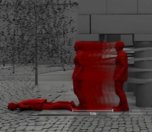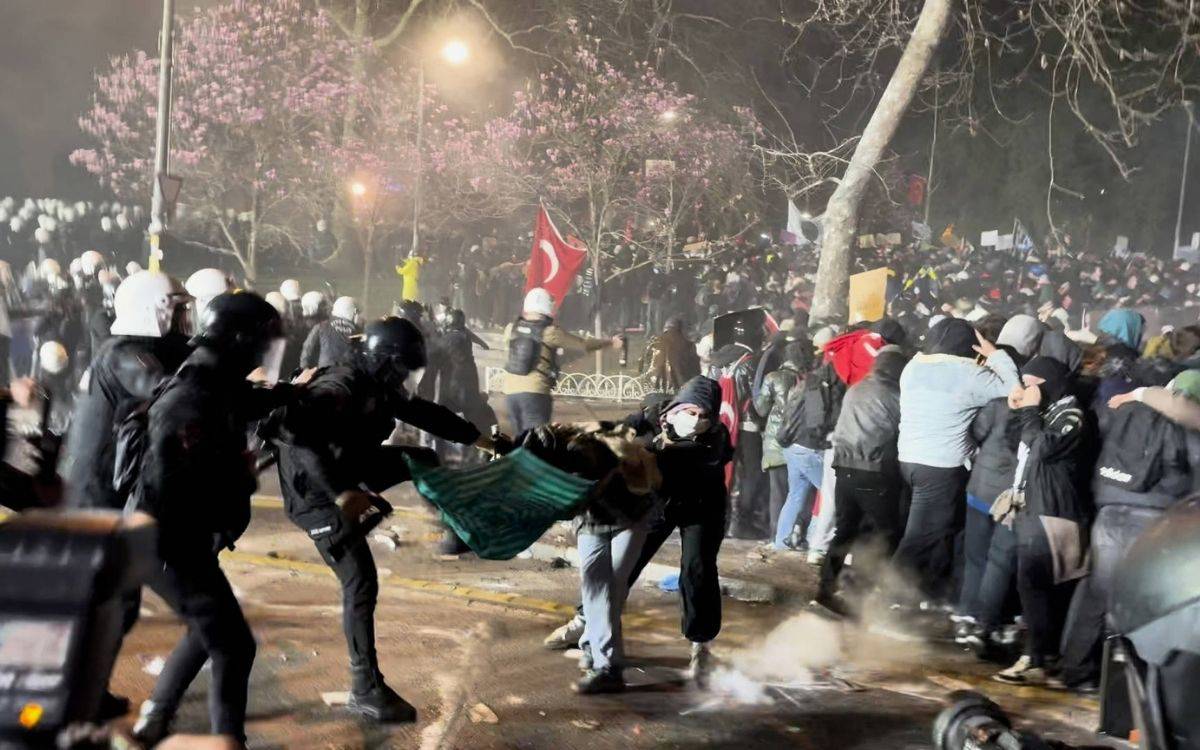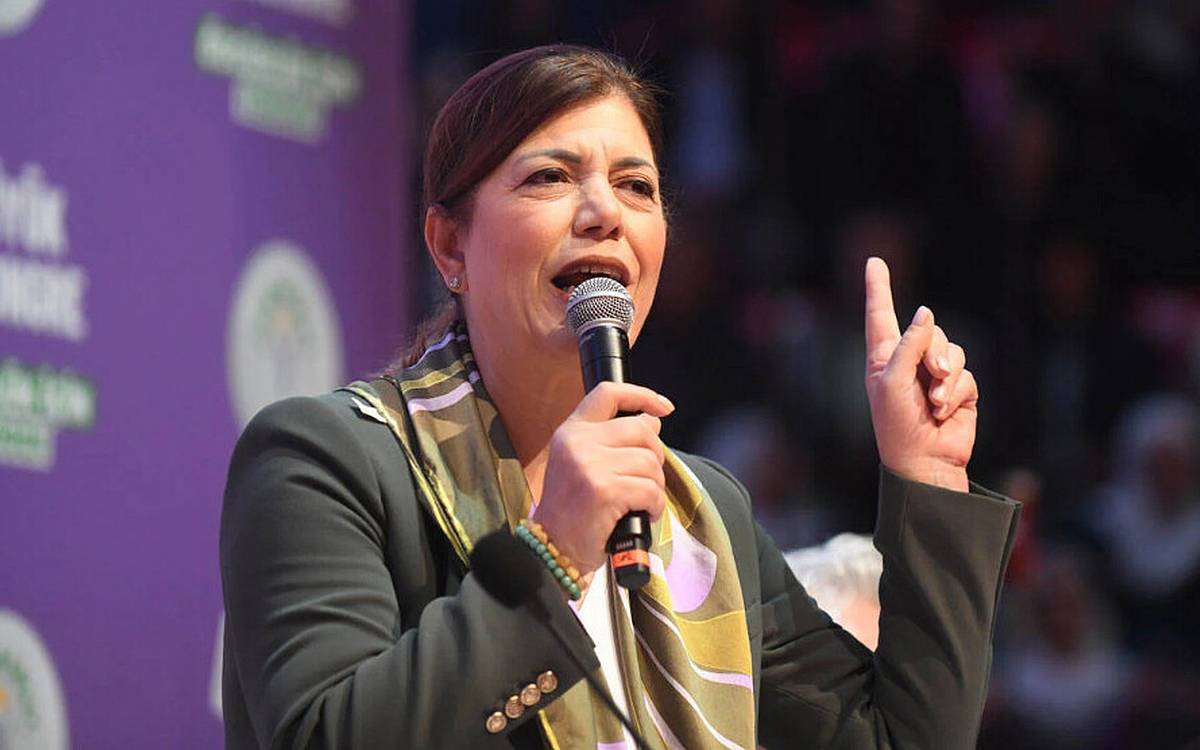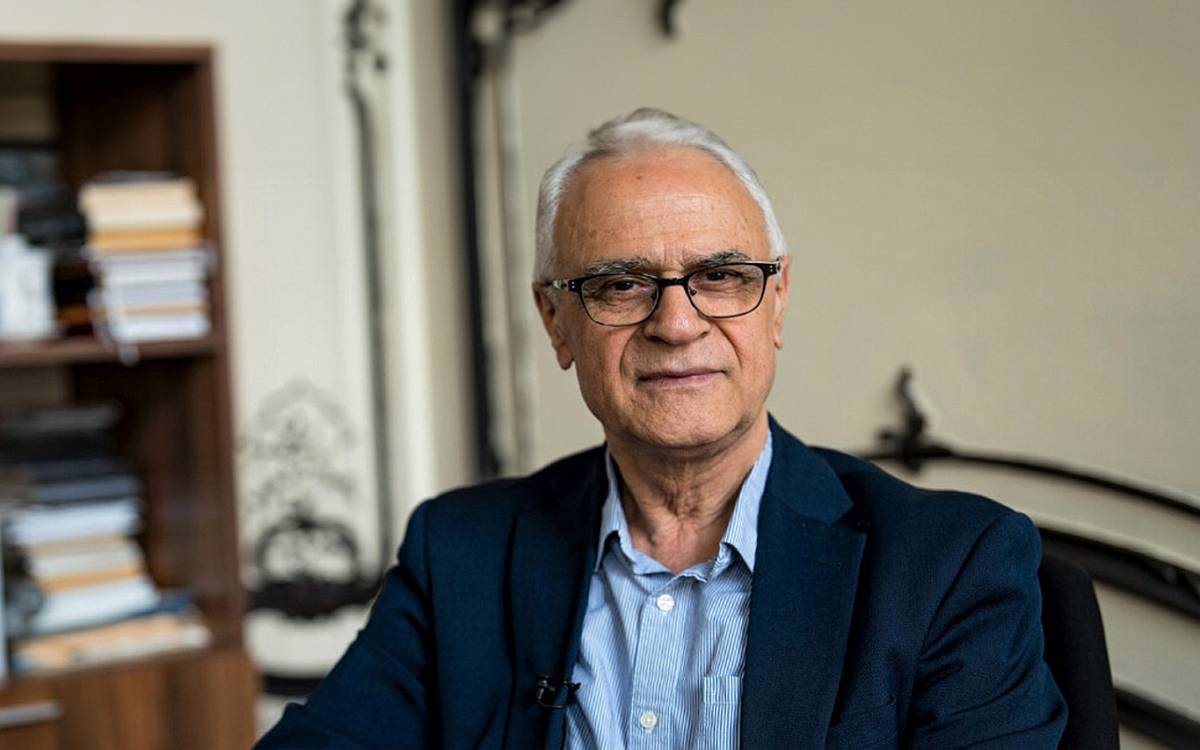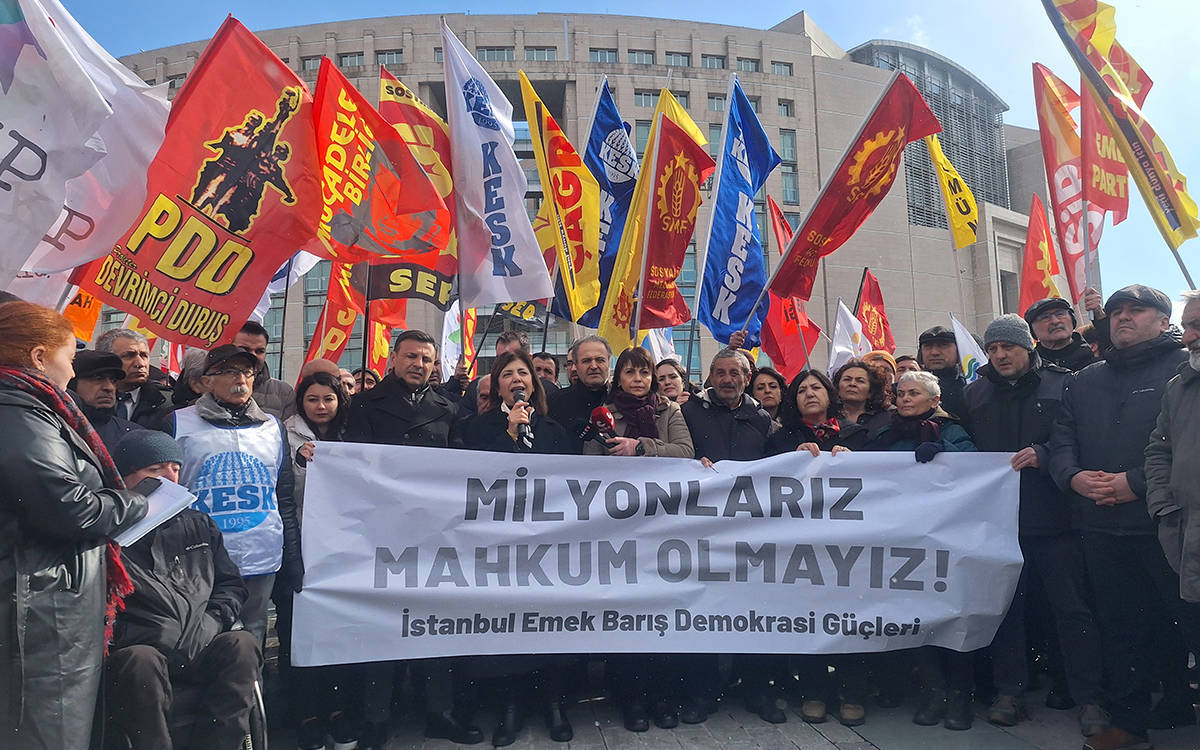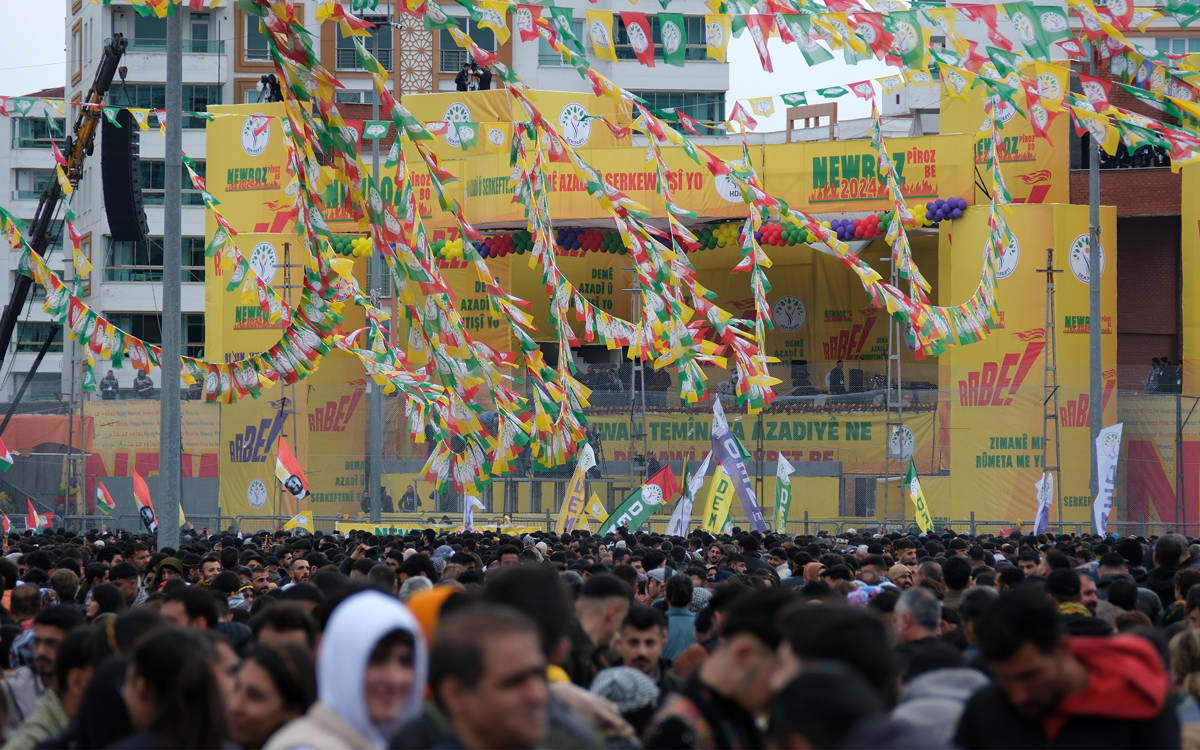The Diyarbakır 10th Heavy Penal Court has released its reasoning behind the acquittal of three police officers charged with "causing death through conscious negligence" in the 2015 killing of Diyarbakır Bar Association President Tahir Elçi.
Elçi was fatally shot while speaking to reporters in front of the historical Four-Legged Minaret in Diyarbakır's Sur district. The incident occurred during a clash between police officers and pro-Kurdish militia.
Despite independent forensic reports suggesting that three police officers were the most likely suspects in the killing, they were acquitted due to ‘insufficient evidence.’
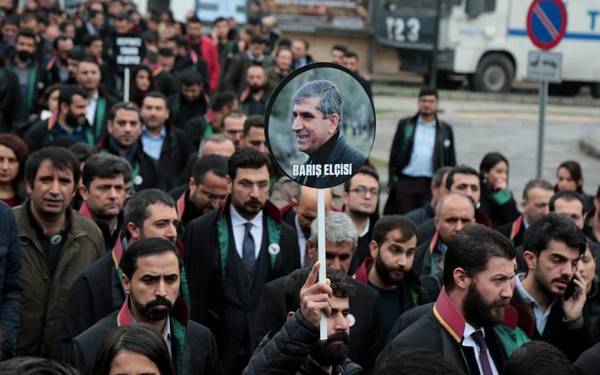
Statement from 75 bar associations: We will never give up the struggle for justice
The verdict is still pending for the fugitive defendant Uğur Yakışır, who is on trial for “killing two police officers and disrupting the unity and integrity of the state”.
The court's 27-page reasoned decision stated that officers F. T., M. S., and S. T. were acquitted due to ‘insufficient evidence.’ The decision highlighted that the officers had fired their weapons in the direction of fleeing militants and towards where Elçi was located, believing they would not harm any other individuals.
The court noted that it could not determine which gun fired the fatal shot, concluding, "It was not possible to establish beyond reasonable doubt that the defendants committed the alleged crime."
'Conflict hindered the investigation'
Due to the ongoing urban conflict, the scene of Elçi's death could not be examined immediately. An inspection in March 2016 found the site significantly damaged due to the ongoing urban conflict at the time, which hindered the investigation, the court argued.
The ruling stated that the bullet causing Elçi's death could not be traced back to a specific weapon or angle. "The exact source, angle, and manner of the shot that killed Elçi remain medically and physically indeterminable.”
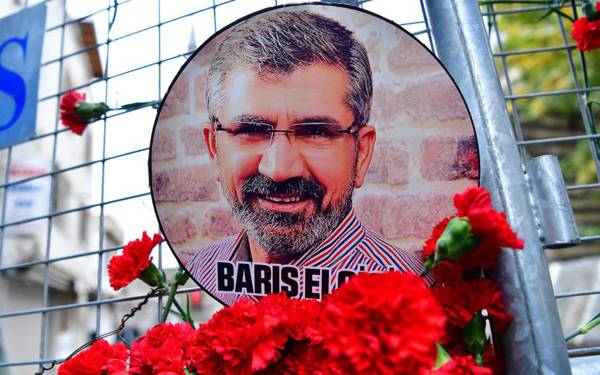
VERDICT DAY IN THE TAHİR ELÇİ CASE
"The judiciary, which failed to carry out the necessary investigation, is also indirectly responsible for the murder"
Requests from Elçi's family lawyers for a new on-site inspection were denied, as the court believed it would not add any new information to the case.
The court also pointed out a 12-second gap in the video footage at the crime scene, with no footage capturing the exact moment Elçi was shot. The Scientific and Technological Research Council of Turkey (TÜBİTAK) confirmed that there had been no tampering with the footage.
Former PM’s testimony denied
The court decided against calling then-Prime Minister Ahmet Davutoğlu as a witness, stating his testimony would not contribute new information to the case. Davutoğlu had previously referred to Elçi's murder as a ‘political assassination.’
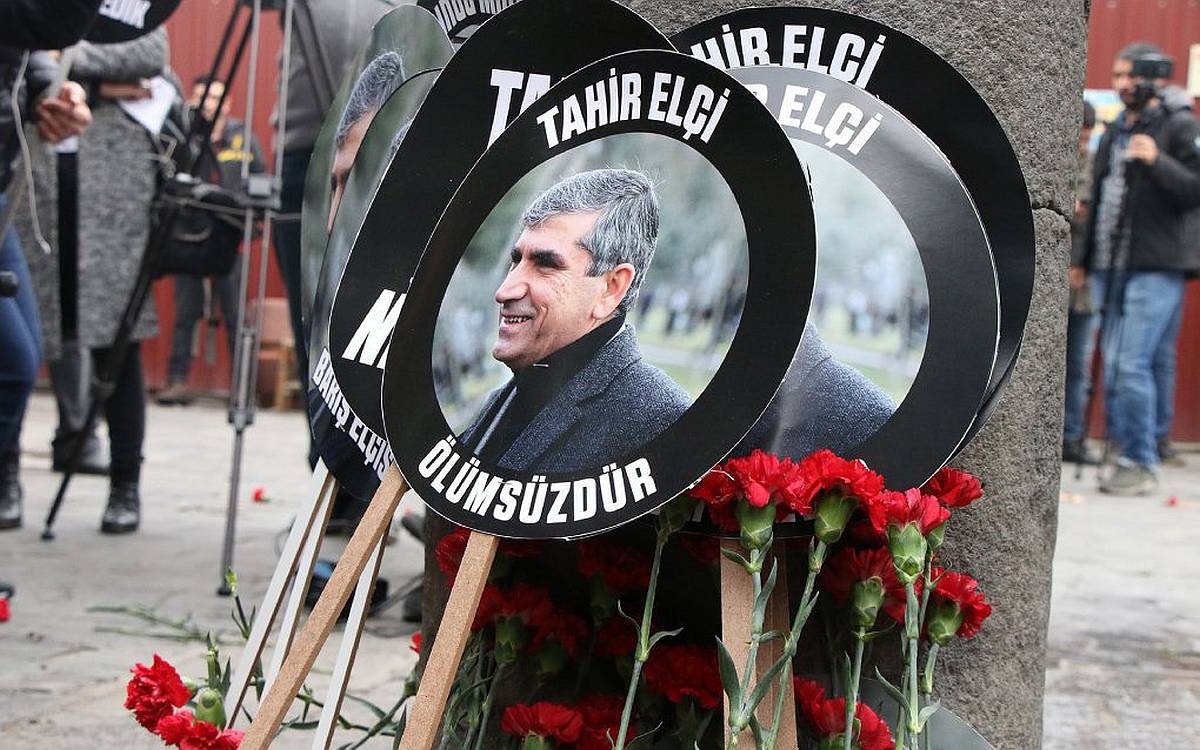
Tahir Elçi murder case: 'Hearing Davutoğlu could have changed the course of the trial'
The report from the Forensic Architecture Goldsmiths Institute at the University of London, which was included in the case file, suggested strong suspicions against two of the officers but could not conclusively identify which one was responsible for Elçi's death.
The court referenced rulings by the General Penal Board of the Court of Cassation, invoking the principle of "benefit of the doubt to the defendant," and reaffirmed that the inability to determine which officer fired the fatal shot led to the acquittal of the accused. (RT/VK)






